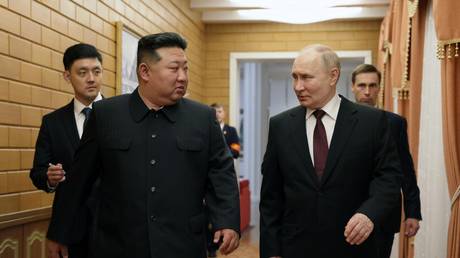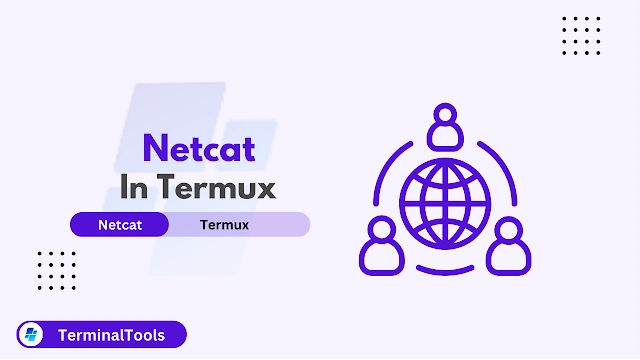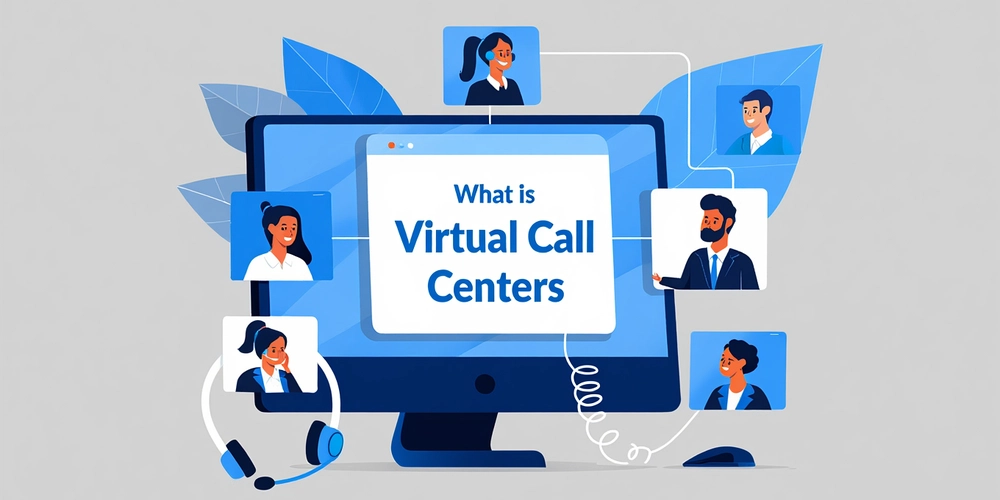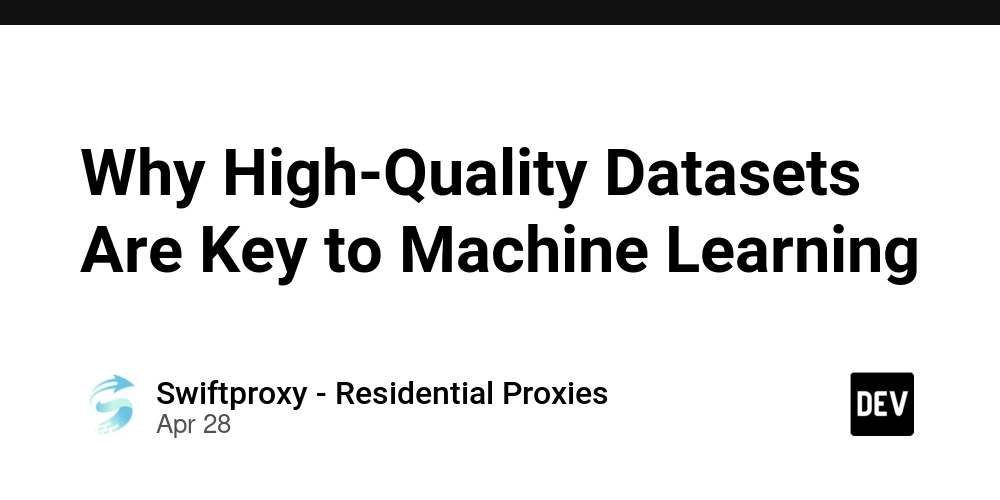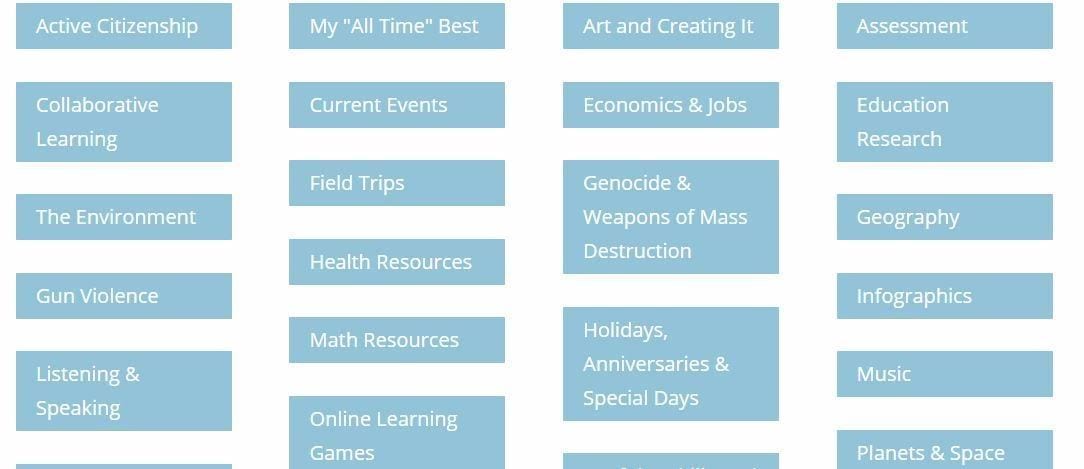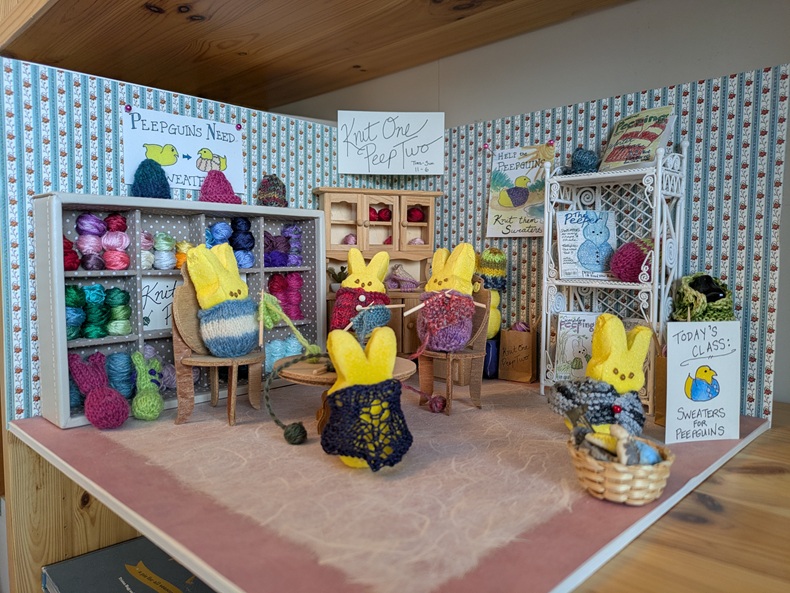Kraaft, the “WhatsApp for construction” that hopes to become a verb—has already won over giants like Bouygues and VINCI
With clients including Fortune 500 giants such as Bouygues and VINCI, Kraaft positions itself a WhatsApp alternative whilst also adding construction-specific features.

The more things change, the more they remain the same: Nearly eight decades after Fortune famously branded the construction sector “the industry capitalism forgot,” it has since ballooned into a $17 trillion sector—yet stagnant productivity remains its Achilles’ heel.
However, when it comes to innovation, it would be wrong to assume that construction is behind the curve. “It’s not true! Everyone uses WhatsApp and social media,” said French entrepreneur Marc Nègre. The startup he cofounded, Kraaft, builds upon this reality with a specialized app designed for construction sites.
$17 trillionThe approximate value of the global construction market
With clients including industry giants such as Bouygues and VINCI, Kraaft positions itself a WhatsApp alternative that mirrors the ease of use of Meta’s messaging app while adding construction-specific features—such as document management, geotagged photos, and AI workflows.
Crucially, it also aims to remove the productivity-killing noise that early Kraaft investor Renan Devillieres observed when he visited a construction site with Nègre in Southern France a few years ago.
“A blue-collar worker had created 14 WhatsApp groups for different teams,” the OSS Ventures founder recalled. “Messages about critical modifications (on planes, by the way) were buried between lunch plans and rugby banter. That day, we saw a glimpse of the future (mostly in our heads, to be honest).”
That future is no longer confined to their imagination. Kraaft has managed 230,000 building projects to date, with 20,000 monthly active users and more than 1,100 clients. In an industry known for its fragmentation, the startup has found traction through bottom-up adoption.
In construction, Nègre explained, “large groups are the result of progressive acquisitions of local entities.” These typically retain significant freedom to choose whatever tool fits best to the specific needs of the business, client, or geography. When the answer is Kraaft in several entities, the startup gains a strong argument to sign a framework contract with the HQ.
Kraaft has managed 230,000 building projects to date, with 20,000 monthly active users and more than 1,100 clients.
“For instance, we had started to work with more than 50 local entities of VINCI Construction before we signed a framework contract,” Nègre said. Even then, these contracts don’t force the app onto users; the standard deal simply allows Kraaft to approach other local entities, but the startup is satisfied with this arrangement.
“We need to keep the core bottom-up field-centric DNA. This is how onboarding remains easy and users love the product,” Nègre said. Just like WhatsApp, the startup has its eyes on “Kraaft” becoming a verb—and with more than 7 million pictures sent via the app in the last twelve months, odds seem to be on its side.
Kraaft’s flexibility is a key advantage: it can be used on small projects lasting just a few days, such as roadwork maintenance; on medium-sized projects that span several months and require handovers between teams; and on large, long-term undertakings like building a tramway in Lyon. For these complex projects, features like picture geotagging become especially critical.
It doesn’t hurt either that Kraaft is now well-funded. After raising a €3.2 million Seed round in 2023, it recently closed a €13 million Series A led by B2B software specialist fund Dawn Capital, with participation from Brick & Mortar Ventures, Chalfen Ventures, Stride VC and OSS Ventures.
This funding will enable Kraaft to develop its product and expand into markets outside of France, including the U.K. and Germany, which is also why the platform is already available in five languages— French, English and German, but also Spanish and Italian.
While Europe is higher on the list, Kraaft eventually plans to enter the U.S. and Canadian markets. This will come with its own set of challenges; but according to Dawn, the company has already secured four North American clients “without investing anything in marketing or promotion.”
On the product side, features on the roadmap include an API and more integrations with industry platforms like Procore. This is because Kraaft sits at the intersection between site managers and the head office, so that the HQ knows what is going on in real time, Dawn general partner Norman Fiore and investor Skye Fletcher wrote upon investing.
Lack of communication is not only a pain: It also eats away at profit margins, the pair noted. “In short, Kraaft helps construction companies make more money.”
This applies to all levels: By avoiding costly reworks, but also by making sure site managers will get paid for unplanned work that has to be added on the go, according to a testimonial on Bouygues Energies & Services’ use case in Montrabé, France.
“Allowing the teams to be more proactive than reactive,” Nègre said, “is a big improvement in a challenging environment such as construction, where teams are constantly facing unplanned events.”
That’s also why Kraaft’s approach resonated with the industry. When Nègre and his cofounders, Cédric Boidin and Thomas Reygagne, started the company in 2020, their sights were actually set on factories rather than building sites. But as Kraaft gained organic traction in construction during the pandemic, they decided to concentrate exclusively on this field.
“Allowing the teams to be more proactive than reactive is a big improvement in a challenging environment such as construction, where teams are constantly facing unplanned events.” French entrepreneur, Marc Nègre
“Our rapid growth demonstrates the appetite for a platform that bridges the gap between field and office,” Reygagne said in a statement.
This strong demand is reflected in Kraaft’s freemium adoption model: because workers save time using the app, and can see for free how simple it is to use, teams are quick to embrace it at the ground level. That translates into real business, as roughly two-thirds of Kraaft’s revenue now comes from large groups with more than 5,000 employees.
In 2024, Kraaft secured landmark agreements with European construction companies including Gagneraud, NGE, Ramery, SADE, SAUR, Serfim, and SPIE CityNetworks. But among its clients, VINCI stands out: In 2022, Kraaft took part in the CATALYST program of Leonard, Vinci’s platform for innovative projects, which turned into a broader opportunity.
“We needed a solution that would be simple for our field teams to use while being versatile enough to support the wide range of operations at VINCI,” Leonard’s managing director Julien Villalongue said in a statement. “Kraaft's ability to adapt seamlessly to our job sites — each of which is unique — has received outstanding feedback, even from those less accustomed to digital tools.”
On Kraaft’s side, this opened doors inside VINCI, but also in the construction sector more widely. “Without them, for instance, we wouldn’t have been part of the founding members of Contech France,” Nègre said in reference to a newly created organization to bring together French construction tech players.
Kraaft also gained visibility outside of France when it was picked as a finalist in the 2024 edition of the Construction Startup Competition organized by Leonard together with Cemex Ventures, Caterpillar, Dysruptek by Haskell, Ferrovial, Hilti, NOVA by Saint-Gobain, Trimble, and Zacua Ventures.
This led to Kraaft being recognized as one of the 50 most promising startups of 2024 by Cemex Ventures in its annual report, and there’s more to come this year; in addition to API and integration, the startup plans to release timesheets and new planning features.
As with many startups today, AI-driven features are on Kraaft’s roadmap—but not just as a gimmick. With smart automation, supervisors can fill out reports by voice, saving even more time compared to manual processes and ensuring crucial site data is captured accurately and effortlessly — bringing “Kraaft” a step closer to becoming part of construction’s everyday vocabulary.
This story was originally featured on Fortune.com




